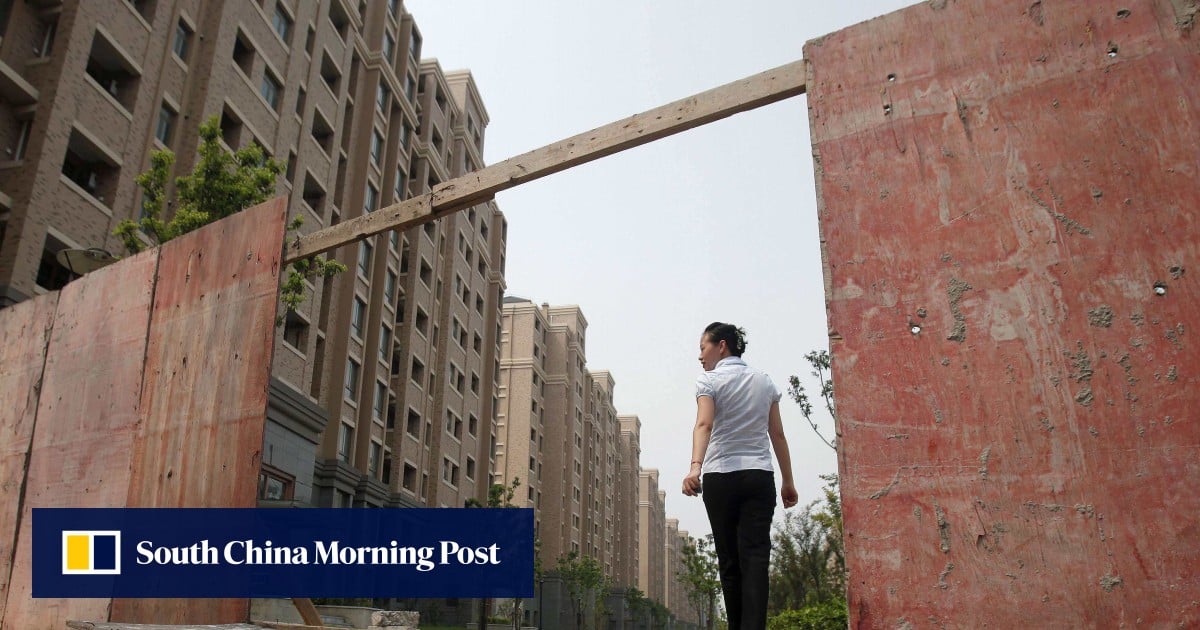
Authorities in Beijing and Shanghai said they would let first-home buyers enjoy preferential mortgage rates regardless of their previous credit records, joining the fray to ease financing rules to spur a slowing housing market.
Homebuyers will be regarded as first-time buyers if they – or their dependents – do not own property in the city starting from September 2, according to a statement by the central bank, the financial regulator and the housing ministry. That would make such buyers eligible for smaller down payment requirements and lower borrowing rates.
Applying the easing to “tier-one cities” such as Beijing and Shanghai “will definitely drive home sales in the short term,” said Fitch Ratings’ analyst Zhang Shuncheng. “The policy was used to be implemented in lower-tier cities.
With a population of 25 million residents, Shanghai is the largest metropolis to be chipping away at the raft of restrictions enacted since 2017 to cool a speculative property market. Hot on the heels of Shanghai’s announcement, Beijing said it was also relaxing its lending rules.
The rules, tightened to nip what was thought to be the start of a speculative property bubble in the bud, sent China’s housing market into a deep freeze. The property slump crimped developers’ earnings, denying them the cashflow to repay their outstanding bonds and loans. Country Garden Holdings, once China’s largest builder of residential real estate, teeters on the brink of a default as bondholders debate whether to call its bluff on a repayment plan.
Nationally, sales of new homes declined by 5.3 per cent to 595 million square metres in the first six months of the year, according to official data, although the value rose by 1.1 per cent to 6.3 trillion yuan.
China’s mortgage-rate cut to put profit squeeze on state banks
China’s mortgage-rate cut to put profit squeeze on state banks
The unprecedented decline has sparked fears a further deterioration in China’s property market will compound the nation’s already faltering growth outlook and make the job of stemming the slowdown more challenging.
Advertisement
While the industry has weathered repeated crackdowns by the government over the past two decades and its contribution to GDP has waned, it remains a critical component of China’s US$18 trillion economy.
The property market and related sectors from home appliances to building materials make up about a quarter of the nation’s gross domestic product.
Where are the white knights in China’s US$1.7 trillion property sector?
Where are the white knights in China’s US$1.7 trillion property sector?
Recognising the severity of the problem, the Politburo, the Communist Party’s top decision-making body, pledged in late July to adjust and optimise property policies in a timely manner to engineer a gradual recovery of the industry through 2025.
The slogan of “housing is for living, not for speculation” was excluded from the official announcement for the first time in five years, fuelling speculation that China will ease the restrictive property measures in tier-one and tier-two cities.
China’s top leadership makes delivery of unfinished homes a priority
China’s top leadership makes delivery of unfinished homes a priority
The Chinese central bank announced that mortgage loans in Shanghai can be pegged at 35 basis points above the loan prime rate (LPR), unchanged since July 2021.
Still, it remains to be seen whether the combination of policies can convince residents to resume buying property, as China’s consumption slump is caused by a general lack of confidence, said Zhang. At times of uncertainty, residents are reluctant to commit to big-ticket purchases and long-term financial commitments.
Advertisement
“The effects may not last long, as homebuyers’ expectations towards economic growth, individual incomes and employment prospects remain low,” he said.
Advertisement


